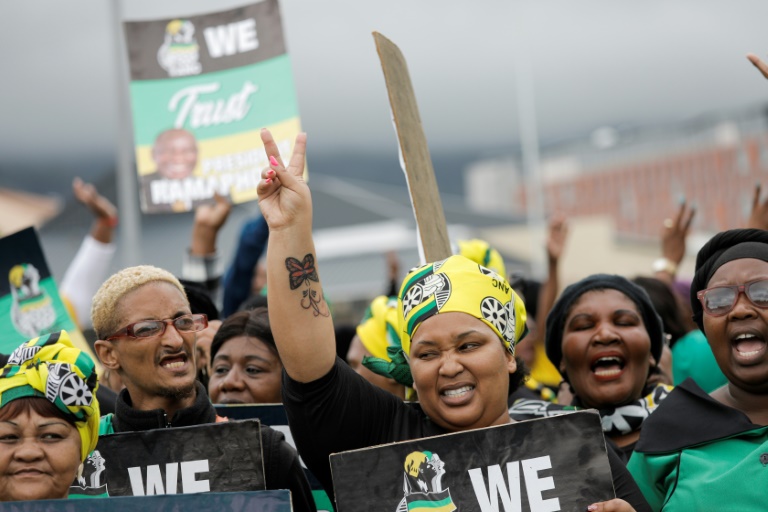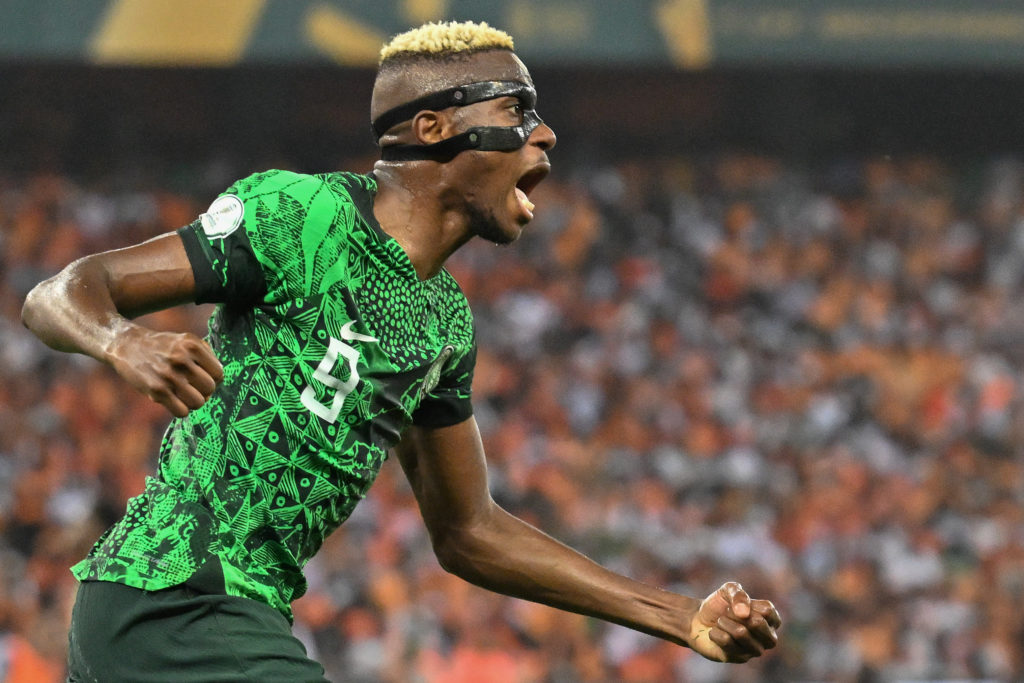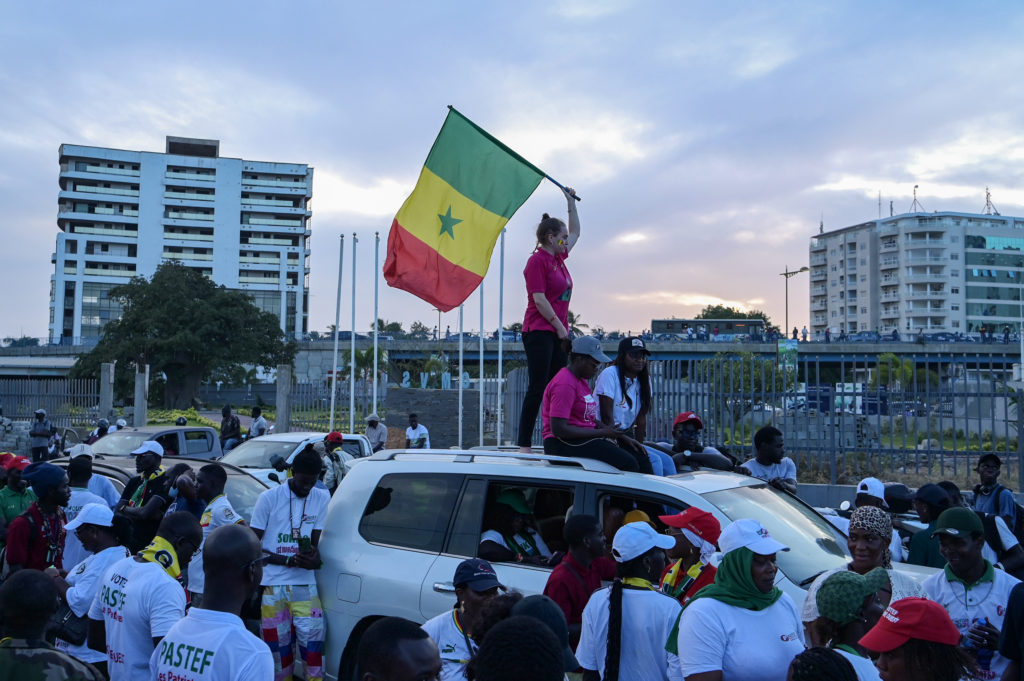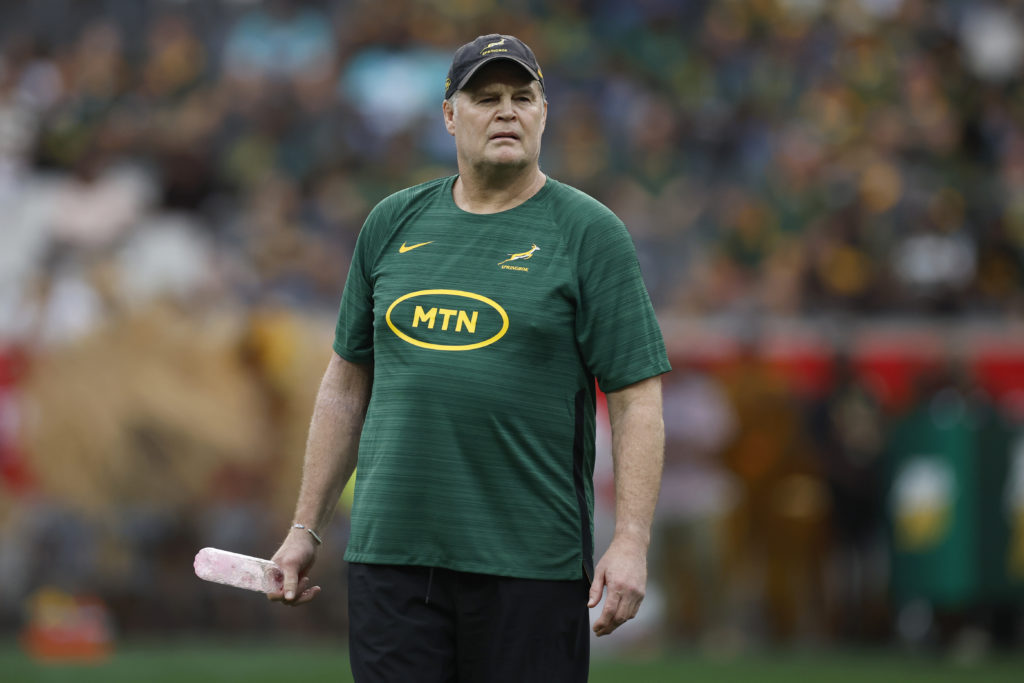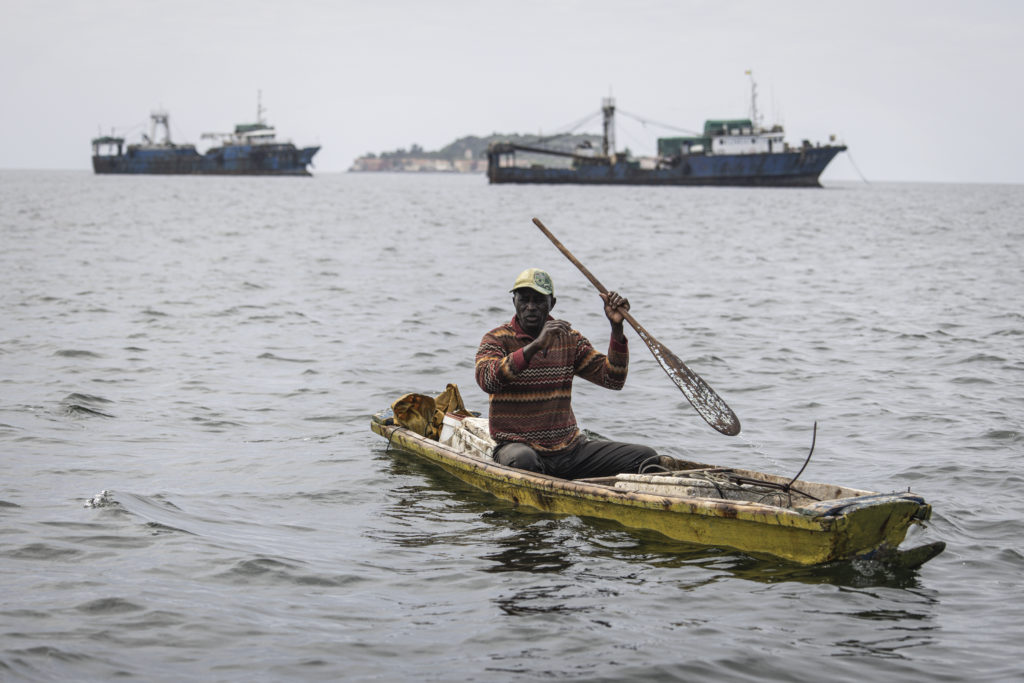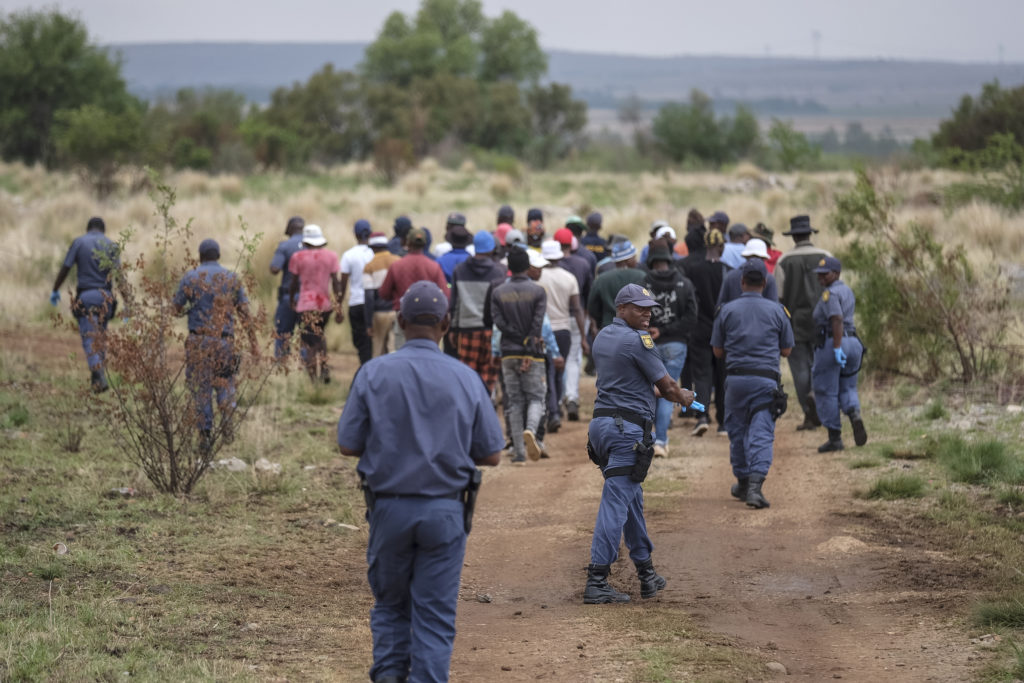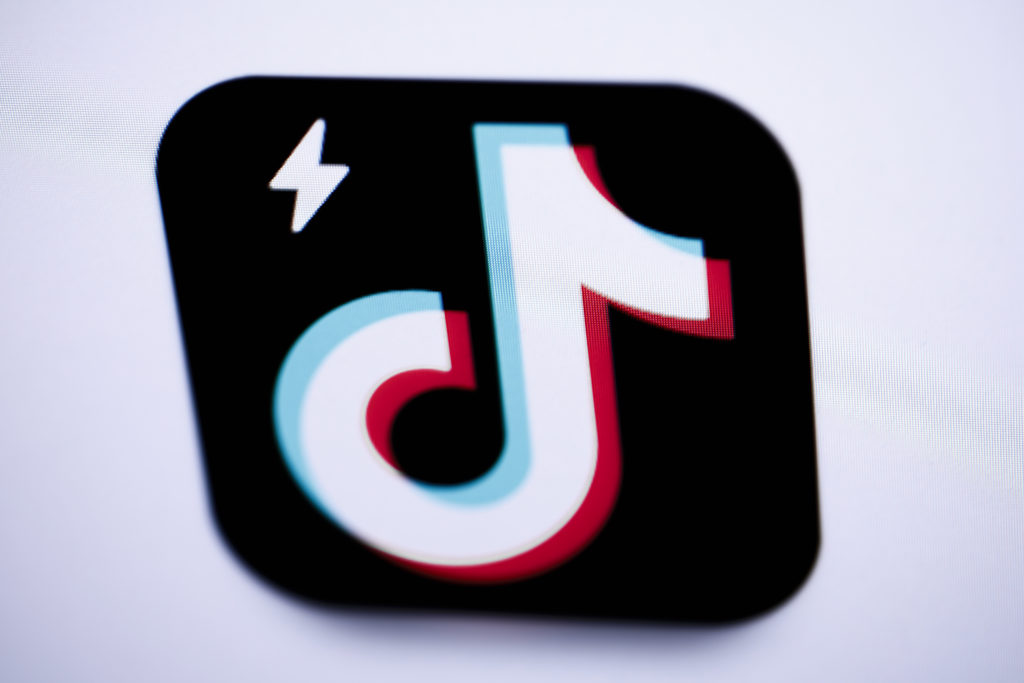Ramaphosa supporters rallied in Cape Town ahead of the key parliament session
South African MPs on Tuesday started debating whether to initiate proceedings that could force out President Cyril Ramaphosa over allegations he concealed a huge cash theft at his farm.
Ramaphosa — championed as a graft-busting saviour after corruption-stained predecessor Jacob Zuma — is counting on support from the ruling African National Congress (ANC) party, which has been further divided by the scandal.
An extraordinary parliamentary session opened noisily in Cape Town to discuss the findings of an independent panel which said Ramaphosa may be guilty of serious violations and misconduct.
Lawmakers are called to decide in an open vote, by simple majority, whether to launch an impeachment investigation against Ramaphosa — a lengthy probe that could lead to his removal from office.
But opposition lawmakers kicked off the session demanding secret balloting.
National Assembly speaker Nosiviwe Mapisa-Nqakula shot down the demand, insisting that lawmakers would safely be able to exercise their right to vote with “their conscience” through open balloting.
Julius Malema, the fiery leader of the second largest opposition Economic Freedom Fighters party, expressed “deepest disappointment” in Ramaphosa who was once a “celebrated… architect” of South Africa’s constitution.
He said Ramaphosa was now “peeing” on that document, calling him a “constitutional delinquent”.
Vuyolwethu Zungula, leader of the African Transformation Movement, a small opposition party with just two MPs but which tabled the motion for the parliament-sanctioned inquiry into the scandal, said the “watershed moment” would “affirm that no one is above the law or some people are above the law”.
But the 70-year-old president seems likely to survive the day.
Last week, he secured the renewed backing of the ANC, which holds 230 of the National Assembly’s 400 seats, after mounting a legal bid to have the damning report annulled.
Justice Minister Ronald Lamola trashed the report saying “there is not sufficient evidence to impeach the president”.
– Toe the line? –
Yet others believe there might be room for surprises, as the scandal has deepened rifts within the factionalised ANC.
Its national executive vowed last week to shoot down any attempt to force Ramaphosa from office.
That decision upset some, who said the executive had forced their hand.
Ramaphosa’s graft-tainted predecessor Zuma survived several no-confidence motions during his tenure before his own party forced him to resign in 2018.
Opposition parties are presenting a largely united front on the issue.
John Steenhuisen of the largest opposition party, the Democratic Alliance, said the ANC cannot be allowed to use “the tyranny of their majority to protect a president from scrutiny”.
– Scrutiny –
Ramaphosa kicked off his day in the capital Pretoria, attending under pouring rain a police graduation ceremony.
If the opposition has its way, Ramaphosa would face the prospect of having the affair further scrutinised by parliament in a year that leads to general elections in 2024.
An impeachment vote itself would need the support of a two-thirds majority of MPs to succeed.
The president, who was a wealthy businessman before entering politics, found himself in hot water in June when a controversial ex-spy boss filed a complaint against him to the police.
Arthur Fraser alleged Ramaphosa had concealed the theft of several million dollars from his farm in 2020.
He accused the president of having the burglars kidnapped and bribed into silence instead of reporting the matter to the authorities.
Ramaphosa has not been charged with any crime and has denied wrongdoing.
The findings of the three-person special probe, issued last week, brought forward details that have left South Africa agog.
Ramaphosa acknowledged the theft of $580,000 in cash that was stashed under sofa cushions at his farm — a safer place, his employees said, than the office safe.
He said the money was payment for buffaloes bought by a Sudanese businessman, who recently confirmed the transaction in interviews with British media.

